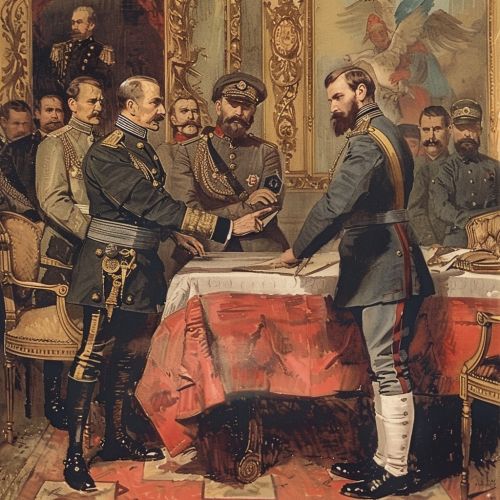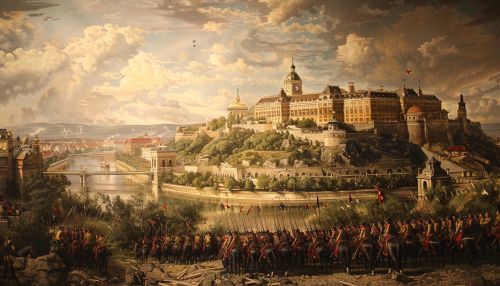Austro-Hungarian Empire
Origins and Formation
The Austro-Hungarian Empire, also known as Austria-Hungary, was a dual monarchy that existed from 1867 to 1918. It was formed by the Austro-Hungarian Compromise, which established a constitutional union between the Austrian Empire and the Kingdom of Hungary. The compromise was initiated by Emperor Franz Joseph, who sought to consolidate his rule and strengthen the empire against the rising tide of nationalism.


Political Structure
Austria-Hungary was a dual monarchy, meaning it had two separate governments, each with its own constitution and parliament. The two halves of the empire were united under a single monarch, who served as both the Emperor of Austria and the King of Hungary. The Ausgleich of 1867, which established the dual monarchy, granted significant autonomy to Hungary, while the Austrian half of the empire was governed by a parliamentary system.
Economy
The economy of the Austro-Hungarian Empire was characterized by rapid industrialization and modernization. The empire was a major producer of coal, iron, and steel, and it also had significant agricultural output. The dual monarchy facilitated economic cooperation and integration between Austria and Hungary, although economic disparities between the two halves of the empire remained a source of tension.
Society and Culture
Austria-Hungary was a multiethnic empire, home to a diverse array of ethnic and linguistic groups. This diversity was reflected in the empire's rich cultural life, which included contributions in the fields of literature, music, and the visual arts. However, the empire's diversity also posed challenges, as nationalist movements among the empire's various ethnic groups threatened to destabilize the dual monarchy.
Decline and Dissolution
The Austro-Hungarian Empire began to unravel in the early 20th century, as nationalist movements gained strength and the empire's political structure proved unable to accommodate their demands. The empire's decline was hastened by its involvement in World War I, which resulted in significant economic and human losses. The empire was officially dissolved in 1918, following the defeat of the Central Powers.
Legacy
The legacy of the Austro-Hungarian Empire continues to influence the politics and culture of Central Europe. The empire's former territories are now part of several different countries, including Austria, Hungary, the Czech Republic, Slovakia, Slovenia, Croatia, and parts of Italy, Romania, Ukraine, and Poland.
